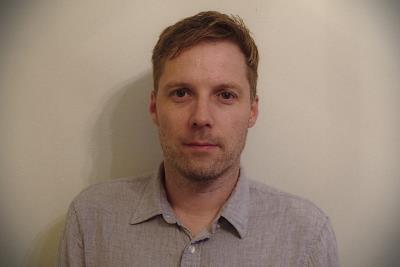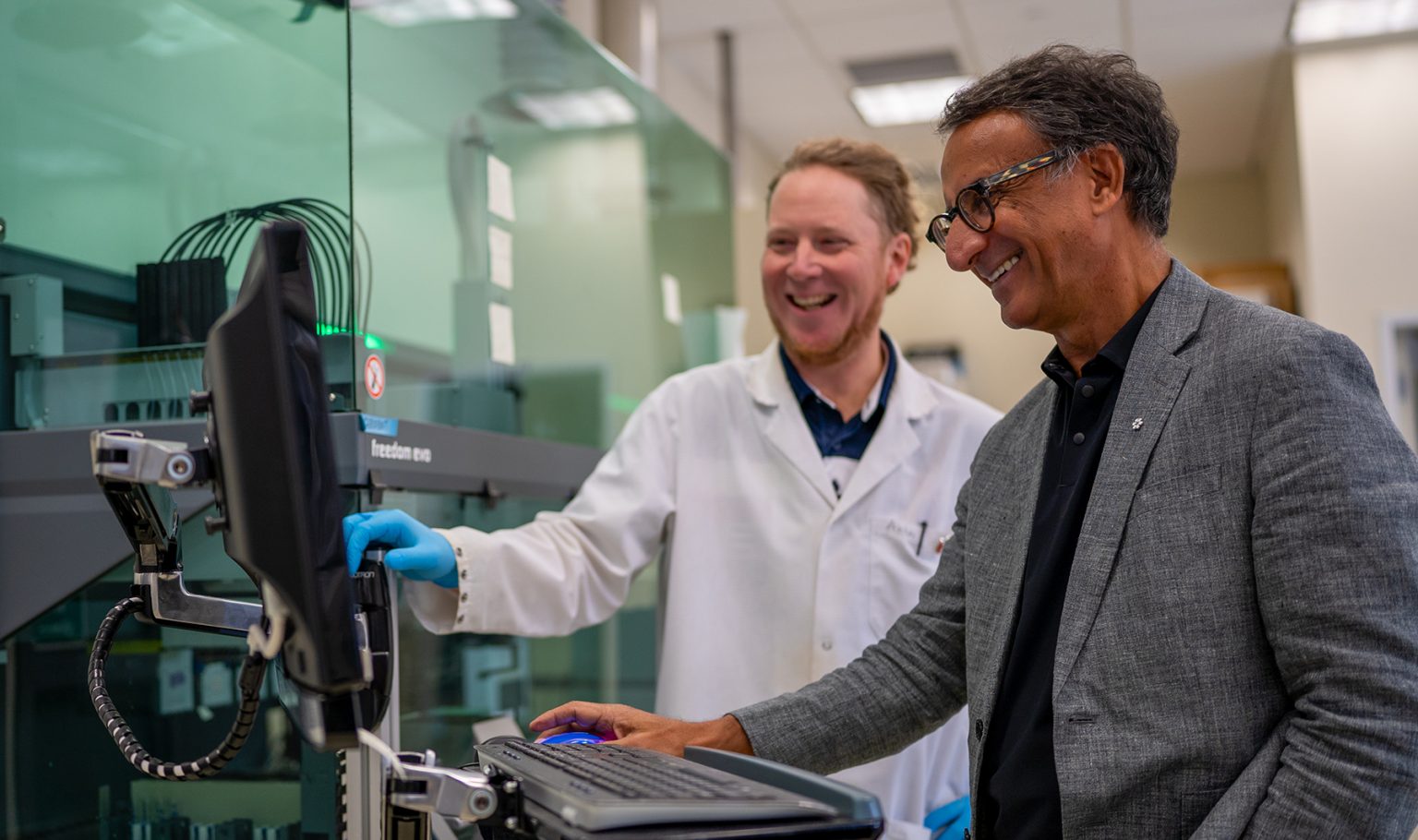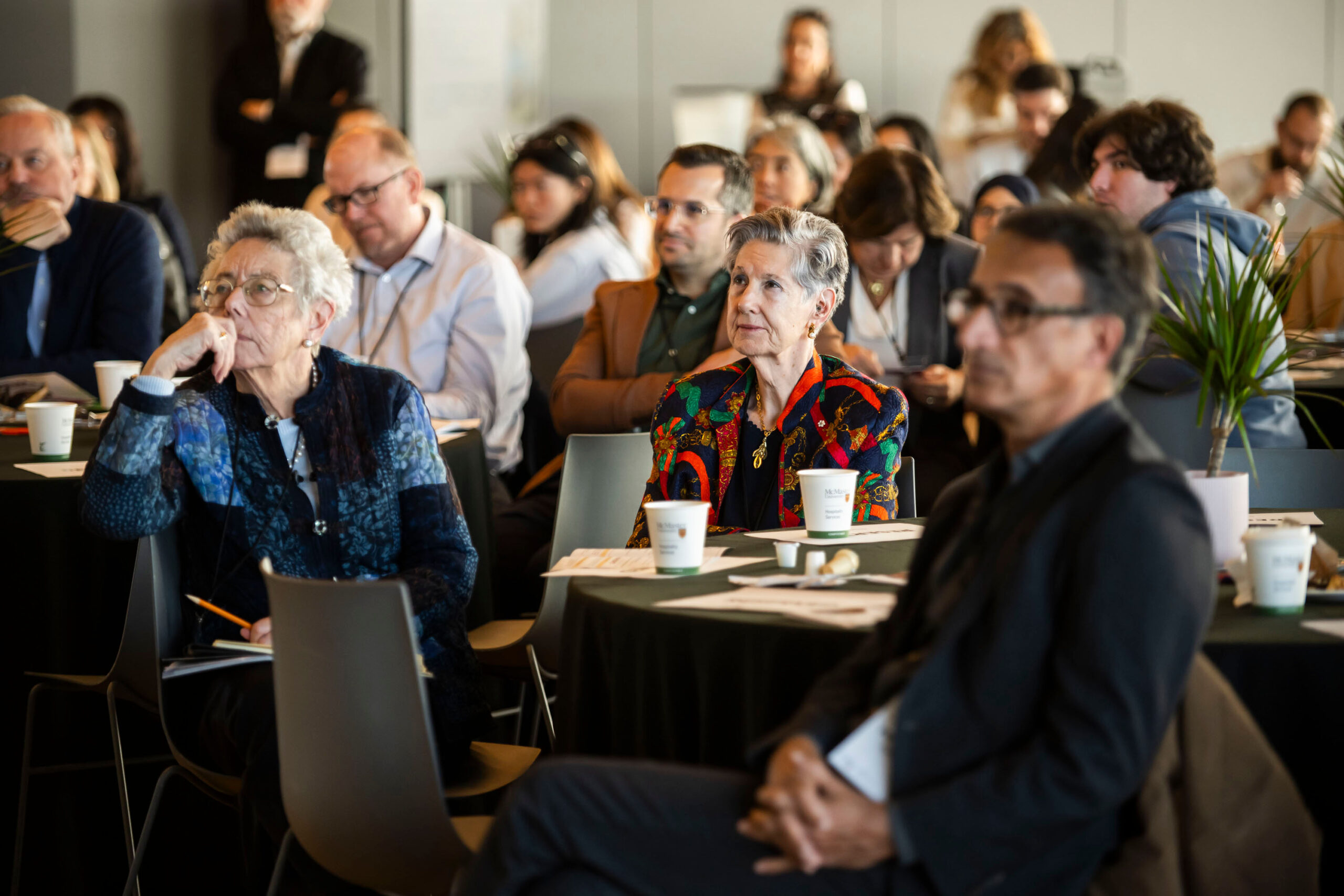
Dr. Aki-Juhani Kyröläinen
Published: July 31 | By Mary Gooderham
Social isolation and loneliness are common in older adults, especially during COVID-19. But these problems aren’t always easy to spot. What if technology could help?
His goal is to provide caregivers and clinicians with a non-invasive tool that can be used to predict the degree to which an older adult is experiencing social isolation and loneliness, which can increase mortality and impact cognitive and physical health.
Seniors are often reluctant to acknowledge they are lonely, notes Dr. Kyröläinen. “People are expected to be socially satisfied.”
Their stories “provide a unique perspective on their lives,” he explains.
His approach requires seniors to write out short narratives focused on a significant life event from their distant past, an event that took place yesterday, and how they expect their life to evolve in the future.
Dr. Kyröläinen says the writers reveal the extent of their social isolation and loneliness through these stories. For example, those who are lonely are more likely to use vocabulary that evokes extreme emotions such as happiness or sadness. They also convey uncertainty and hesitation when talking about the future, more frequently using words like “could”, “should” and “perhaps”. His learnings have been used to develop a new app called WritLarge that invites older adults to record and share their life stories. The contributors are anonymous and the narratives are available to explore, which promotes social engagement.
This first app is also helping Dr. Kyröläinen’s research team continue collecting data on linguistic markers for a second one, to be available at the end of the year. It will automatically process such stories to predict the degree of a person’s social isolation and loneliness. Dr. Kyröläinen says clinicians and caregivers could use this second app to screen for social isolation and loneliness.
He says there’s a difference between social isolation, the actual number of friends someone has, which is objective, and loneliness, “the person’s subjective perception of this social engagement – or the lack of it, so to speak.”
An expert in the large-scale quantitative analysis of language, Dr. Kyröläinen came to Canada from Finland to expand his research on how language production and comprehension changes across the lifespan, working under Dr. Victor Kuperman of McMaster.
Holder of an AGE-WELL-MIRA Award through AGE-WELL’s EPIC training program, Dr. Kyröläinen says the connections he has made through AGE-WELL and​ MIRA have greatly helped to extend his network.
“The value of the EPIC training program cannot be overstated,” he says. “As my background is in linguistics, this provided me an opportunity to incorporate activities from other disciplines.” This, he says, has “provided new approaches and a whole new community.”
Older adults (55+) are invited to participate in an online writing study organized by McMaster University allowing one to reflect on and share life experiences.
Participate at https://surveys.mcmaster.ca/limesurvey/index.php/387357?lang=en
Further info: https://akkyro.gitlab.io/recruitment/storywriting/​
Mary Gooderham is an Ottawa-based freelance writer. AGE-WELL is a federally-funded Network of Centres of Excellence. The pan-Canadian network brings together researchers, older adults, caregivers, partner organizations, and future leaders to accelerate the delivery of technology-based solutions that make a meaningful difference in the lives of Canadians.
This article was published by AGE-WELL, read the original article here.

